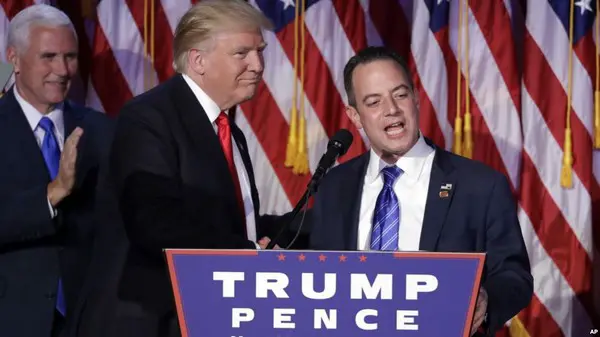Standard & Poor's Ratings Services will not change its rating on China's sovereign debt just because of its recent auditing announcement, a senior credit analyst said Tuesday.
"That has no impact on our rate" on China's sovereign credit, Joydeep Mukherji, managing director in Sovereign Ratings of the New York-based rating agency, told Xinhua, referring to China's latest estimation for its debt.
Liabilities directly carried by governments at various levels stood at 20.7 trillion yuan (3.4 trillion U.S. dollars) at the end of June 2013, representing an 8.6-percent increase from the end of 2012, according to an announcement released by China's National Audit Office last week.
"We do all that exercise and the numbers are still consistent with the rating we have today. So we will not change rating just because of their recent announcement that happened," Mukherji said.
"We have a stable outlook rating (on China's debt) which says that we think the Chinese government has the resources to deal with this, also has the time to deal with this, meaning that we don't expect there would be some kind of liquidity problem," he added.
The analyst also said the government debt is not a threat to China's economic growth.
When asked if there is a relatively safe range of the government debt to its gross domestic product (GDP) ratio, Mukherji said there is not a magic number like that because it depends on the capacity of the government to service the debt.
Mukherji noted that economic growth is an important criterion when his company makes a rating decision on a country.
If the Chinese economy grows by 7.5-8 percent, its capacity to service the debt is extremely strong, he said, voicing his confidence that the growth engine of the world's second largest economy is still good.
"As long as growth is there, the (Chinese) government would have the money to pay for all their debt one where or another, whether local government debt or its own debt, because the money is coming in," Mukherji said.
Moreover, the Chinese government is very knowledgeable over what the debt risks are, he noted, though it will just take more time to solve them, because the government has to get all these people involved, including local governments, banks, trust companies, other non-bank financial institutions.
Mukherji said that right now it becomes much more complicated with so many players involved in the government debt, which adds element of risk to it.
"Now you can't put them all in a room. It has to be done in a more indirect manner," he said, adding that the Chinese government is using more indirect tools now.
On Monday, Moody's Investors Services, another big rating agency, posted a report saying that China's government debt level is manageable but a large accumulation in local authority arrears is credit negative.
As for China's shadow banking, which is becoming a source of instability in the country's financial system, Mukherji considered it as a mixed picture.
On the one hand, some businesses China's shadow banking does are kinds of normal things that other institutions do in other countries.
He said there is a lot of shadow banking, including leasing companies, giving loans to customers who do not have access to banks.
On the other hand, it is obviously creating non-performing loans, he said, adding that most risks of the bad loans probably happened in the last few years.
"You can't generalize the whole thing and say it's all good or all bad," he emphasized.
"Obviously it's not as well regulated, as transparent as the regular banking system. That's why we have all these problems," Mukherji said.
Joydeep Mukherji
Managing director in Sovereign Ratings of theStandard & Poor's Ratings Services
 简体中文
简体中文

